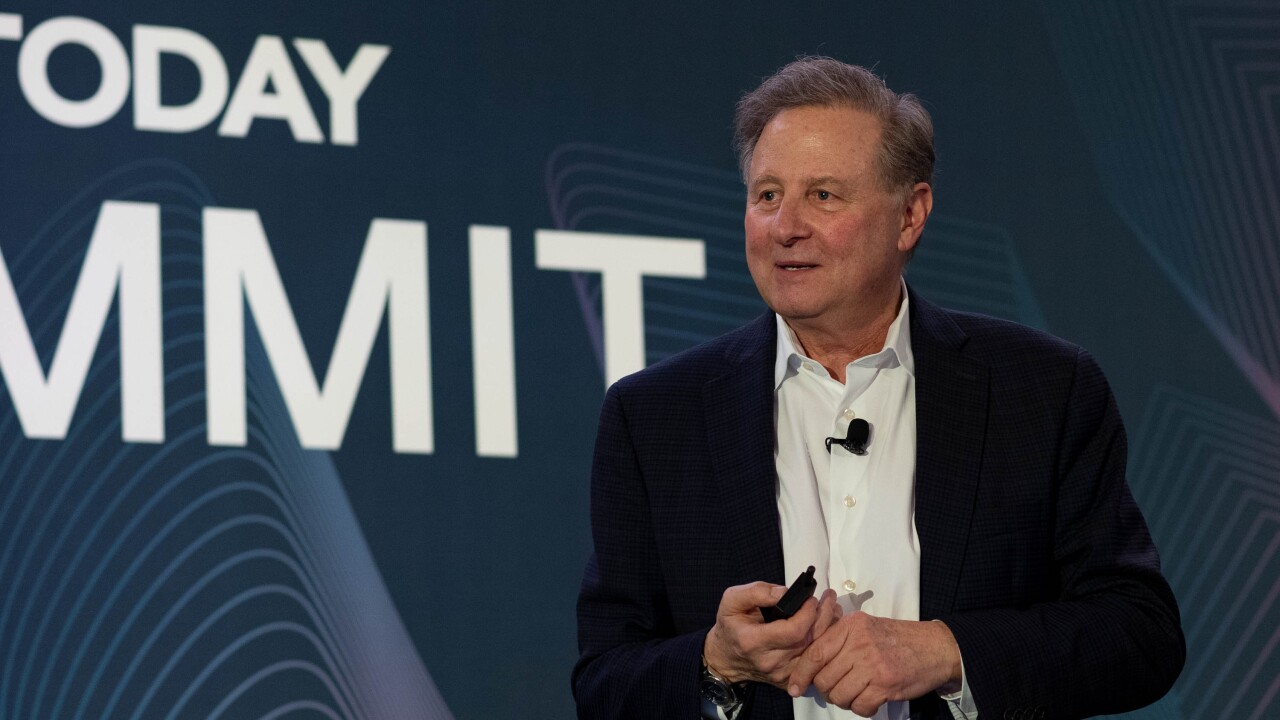There’s a great story about rock band Van Halen demanding that all the brown M&Ms be removed from the bowls of candy in their dressing rooms. As a story of rock-n-roll excess, it’s pretty good; as a story of a clever compliance check, it’s even better. The band’s venue contract included a host of complex technical and electrical requirements, and it was difficult to be sure that a concert hall or stadium had complied with all of them — but if they saw that all the brown M&Ms were gone, they knew that the venue staff had paid at least some attention to the contract, as the requirement was buried deep in the middle of it.
Trust was hard enough to come by in the days when Van Halen was in its prime; it’s even harder now, decades on, and M&Ms have only limited application as an early warning system in an economy that is rapidly dematerializing, digitizing, globalizing and just generally getting more complex every minute.
I bring this up to highlight an opportunity of almost unlimited dimensions that speaks to one of the accounting profession’s two main strengths. It’s not in advisory services, though those have great potential to capitalize on the profession’s business expertise. Instead, this opportunity relies on accountants’ other great attribute: trust.
Being the most trusted advisor is only part of it; more important is CPAs’ almost century-long role in creating trust in the capital markets by offering assurance on the financials of public companies. That core competency of attesting to accuracy and reliability (and, conversely, of discovering inaccuracy and unreliability) has a million applications beyond financial information. Technology companies will need proof that they’re securing users’ information, and that they’re using it only in the ways they promise to. Consumer brands with long supply chains will need assurance that their suppliers are adhering to their sourcing and labor rules. Large employers will want to demonstrate the reality and effectiveness of their diversity initiatives. Collectors and sellers of art will want certainty on issues of provenance. Nursing homes and hospitals will want to demonstrate compliance with applicable health and safety rules. Insurers will want customers to prove that they’re implementing the required preventive and protective measures.
Essentially, each of these situations calls for a kind of audit, as do the thousands of similar scenarios that you can imagine once you stop thinking of audits as strictly related to financial information, and start looking for areas where the profession’s unique skill set — including its strengths in risk analysis, procedure and test development, and professional skepticism — can apply.
None of this to suggest that these services will be easy to supply; if they were, they wouldn’t offer the promise of serious profit. Nor is this a new idea: Firms are already developing assurance services around sustainability and ESG issues, and have been offering agreed-upon procedures for years, while PricewaterhouseCoopers — which recently
But new or not, there’s a vast range of opportunities for accountants to be the arbiters of trust across the economy and around the world. And while Van Halen may no longer be touring, we’re sure there are plenty of bands who would be happy to swap their brown M&Ms for the services of a reliable CPA.




